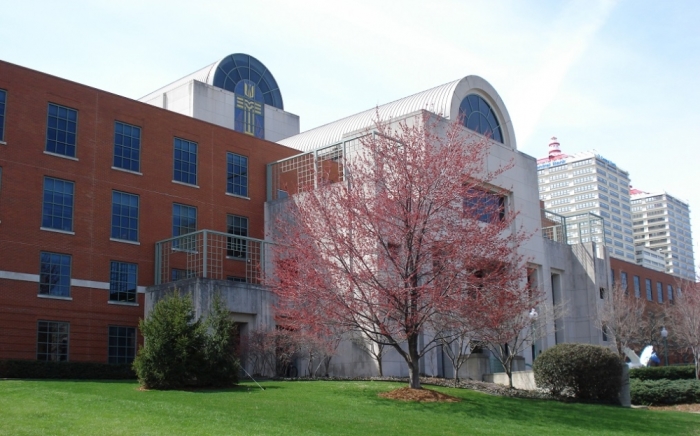PCUSA may add sexual orientation, gender identity to antidiscrimination policy

Presbyterian Church (USA) is considering a measure that, if approved, would add sexual orientation and gender identity to their antidiscrimination policy for people seeking ordination.
Known as POL-01 or the “Olympia Overture” after the Presbytery that proposed it, the measure would amend the PC(USA) Book of Order to include gender identity and sexual orientation to the antidiscrimination statement found in F-1.0403.
At present, F-1.0403 reads in part that “God unites persons through baptism regardless of race, ethnicity, age, sex, disability, geography, or theological conviction.”
“The Presbyterian Church (U.S.A.) shall guarantee full participation and representation in its worship, governance, and emerging life to all persons or groups within its membership,” it continued.
POL-01 would also amend G-2.0104b, which focuses on standards for ordination, so that adherence to the antidiscrimination policy will be a requirement for ordained clergy.
The overture passed the Polity Committee phase this week and will next be considered by the 226th PC(USA) General Assembly when it meets next week in Salt Lake City, Utah.
According to the official rationale for the overture, the proposal when people within the Washington state-based Olympia Presbytery were ordained who had “opinions that did not fully embrace the equal and affirmed status of LGBTQIA+ persons in the church.”
“Those conversations were difficult because the Book of Order does not include gender identity or sexual orientation in its list of protected classes,” stated the rationale.
“These experiences reveal the need for denominational clarity concerning the church’s ministry to LGBTQIA+ individuals as full participants in all aspects of life in the church.”
The rationale went on to state that although it supported “the freedom of councils of the church to make ordination decisions as guided by the Holy Spirit,” PC(USA) still “continues to find and confirm that the limits of each council of the church in their ‘local option’ are conditioned by affirmations found in the Book of Order: sex, race, or any other prejudicial category.”
The overture is not without its critics, as more than 150 clergy signed onto an open letter of dissent against the proposal in May, arguing that “key portions of this overture threaten to undermine” the theological diversity of the denomination.
“Specifically, the overture’s proposed changes to G-2.0104b appear to introduce an ordination question that is deeply at odds with our core Reformed tenet of freedom of conscience,” stated the open letter.
“This amendment would immediately disqualify and exclude many faithful and dedicated Ruling Elders, Teaching Elders, and Deacons from serving due to their convictions. Moreover, it risks imposing a non-negotiable and rigid standard on an issue where faithful Christians hold differing views.”
A predominantly theologically liberal denomination, the PC(USA) has increasingly embraced the LGBT cause in recent years, allowing for the ordination of openly gay individuals and redefining marriage to include same-sex couples.
These measures have led hundreds of congregations to leave the mainline denomination in protest, contributing the PC(USA)’s well-documented long-term decline in membership.
Last year, the PC(USA) Office of the General Assembly released a statistics report which found that the denomination has approximately 1.14 million members, which is less than half of the approximately 2.5 million members reported in 2000.





























